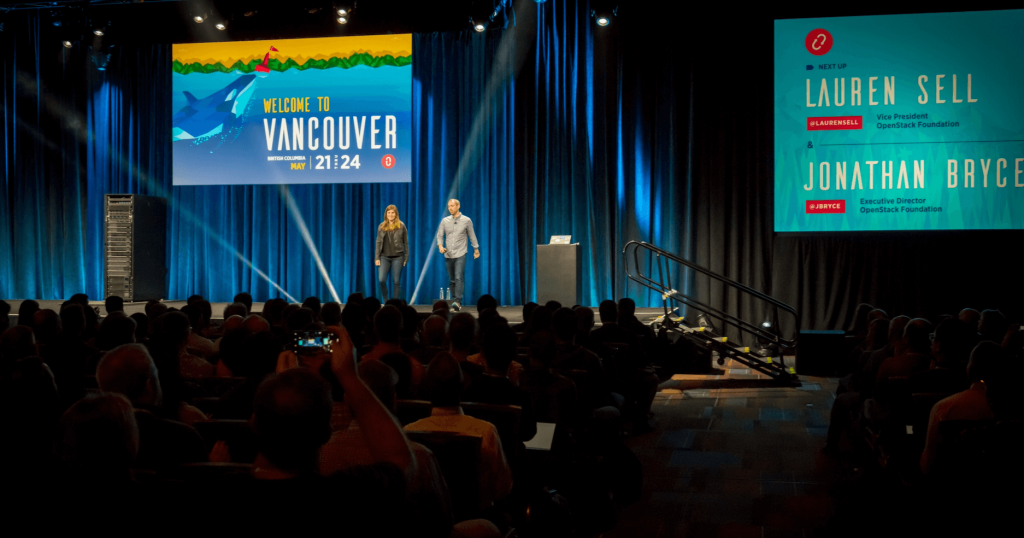
Wow, 10 years. Many amazing tech milestones happened in 2010. Steve Jobs launched the first iPad. Sprint announced its first 4G phone. Facebook reached 500 million users. For us perhaps, one of the most important milestones was the birth of the OpenStack project in 2010.
In real time, the pace of change in the tech industry often feels glacial, but looking at things over a 10-year span, a lot of stark differences have emerged since 2010. So before you plug back your AirPods, fire up Fornite and watch a new show on Disney+, let’s take a look at how OpenStack has transformed the open source industry in the past 10 years.
CONTINUE READING



















